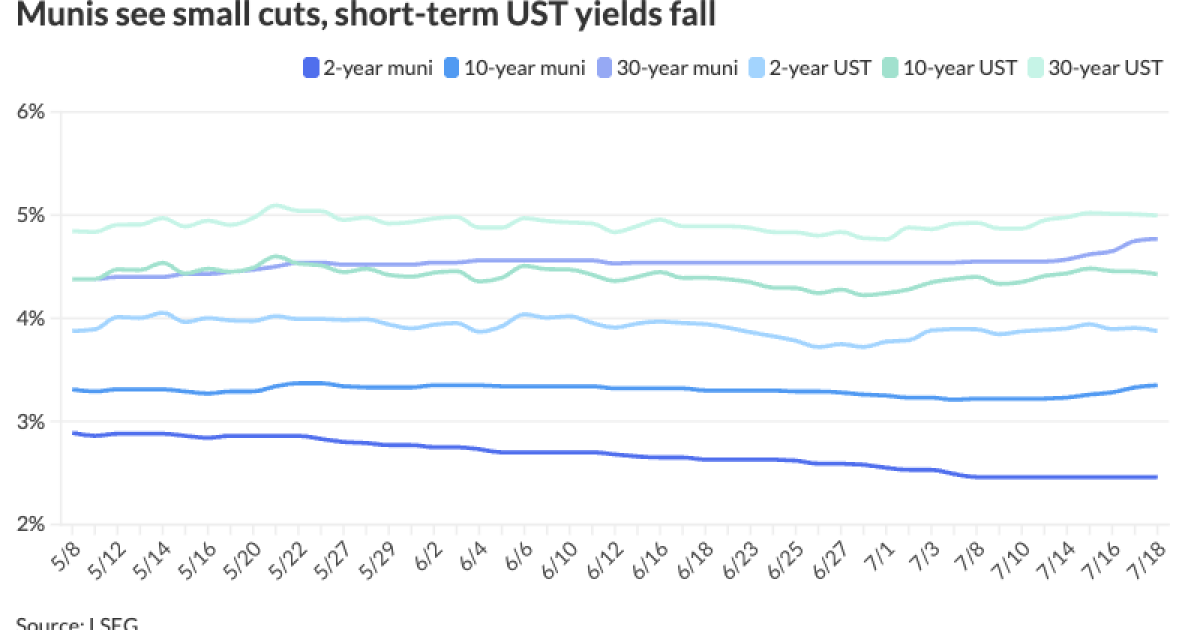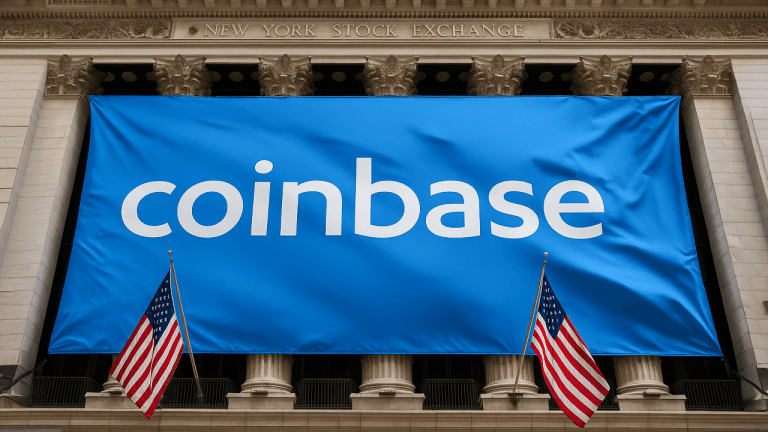N.Y. TBTA to sell green bonds backed by state’s payroll mobility tax
3 min read

The Triborough Bridge and Tunnel Authority of New York is selling $300 million of tax-exempt green bonds this week backed by the state’s beefed up payroll mobility tax.
The TBTA (MTA Bridges and Tunnels) Series 2024A PMT senior lien climate bond certified green bonds will be sold competitively on Thursday at 10:15 a.m., EST.
Bloomberg News
Public Resources Advisory Group and Sycamore Advisors are the financial advisors. Nixon Peabody and D. Seaton and Associates are the bond counsel; Hawkins Delafield & Wood is the disclosure counsel.
The deal is tentatively structured as serials, due May 15, maturing 2034 to 2039 and from 2044 to 2054.
The issue is rated AA-plus by S&P Global Ratings, Fitch Ratings and Kroll Bond Rating Agency. All three assign stable outlooks to the issue.
Proceeds will be used to finance transit and commuter projects that have been approved in the MTA’s capital programs.
The TBTA, created in 1933 and reorganized in 1946, began using the name MTA Bridges and Tunnels in 1994.
It operates seven bridges and two tunnel crossings in the New York City area.
The seven bridges are the RFK Bridge (Triborough), the Bronx-Whitestone, Verrazzano Narrows, Throgs Neck, Henry Hudson, Marine Parkway-Gil Hodges Memorial and the Cross Bay Veterans Memorial. The two tunnels are the Hugh Carey (Brooklyn-Battery) Tunnel and the Queens-Midtown Tunnel.
Fitch said its rating on senior lien PMT bonds “reflects the solid growth prospects of the dedicated revenue stream and ample resilience of the bond structure based on the 2.25 times additional bonds test.”
Fitch noted the security on the bonds is linked to state’s rating (AA-plus/stable) rather than that of the MTA.
“A statutory prohibition against an MTA bankruptcy-filing, the allocation of dedicated revenues to the MTA without appropriation, and the ability of the state legislature to change the taxable base eliminate MTA operating exposure for the rating and also cap it at the state’s issuer default rating,” Fitch said.
“State statute and bond documents segregate pledged receipts upon collection by the state and once received by the MTA and limit their usage by the MTA first for PMT debt service before being available for other uses,” Fitch noted. “The state controls the MTA and has repeatedly demonstrated a commitment to addressing MTA needs.”
Fitch also affirmed the AA-plus long-term rating on the TBTA’s $8.9 billion of outstanding PMT senior lien bonds, the F1-plus short-term rating on $1.7 billion of PMT bond anticipation notes and the AA-plus long-term rating on the MTA’s PMT senior lien bonds authorized to refund the BANs upon final maturity. The F1-plus rating on PMT BANs is based on the credit quality of the senior lien bonds, Fitch said.
PMTs and BANs are special obligations of the MTA issued under either the MTA resolution or TBTA resolution.
PMTs are backed by a pledge of state tax revenues and fees, consisting of regional PMT revenue and aid trust account receipts derived from taxes and fees levied in the Metropolitan Commuter Transportation District, which consists of the five boroughs of New York City as well as Nassau, Suffolk, Westchester, Putnam, Dutchess, Rockland and Orange counties.
As part of the state’s
The legislature raised the top PMT rate on employers in New York City to 0.60% from 0.34% and the top rate on earnings from self-employment in the city to 0.47% from 0.34% for 2023 and to 0.60% in future years. PMT rates for employers and self-employed individuals in the MCTD but outside the city were unchanged.
According to the MTA’s
Based on preliminary results, PMT receipts rose 24% to $2.2 billion in 2023, up from $1.8 billion in calendar year 2022, Fitch said.







